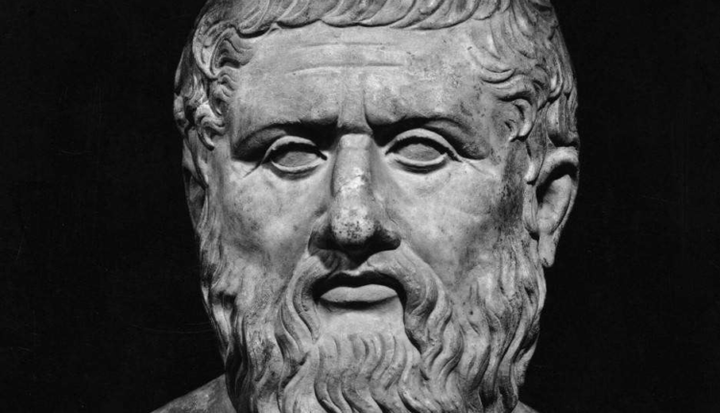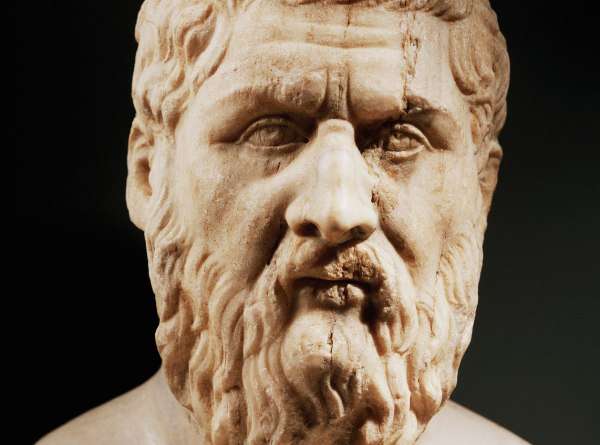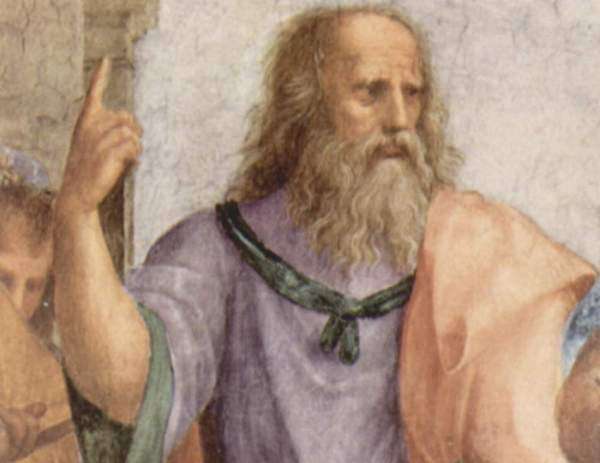The scientific work of the ancient Greek scientist Plato had a large-scale impact not only on the development of world philosophy, but also culture. His name has been around for centuries.
Basic principles
Most of the works of this scientist gave the development of an independent direction of philosophy, which describes the origin of two universes – the material and the world of ideas. So, Plato’s philosophy implies that eidos (ideas) are the basis of the entire material world. Matter does not have the ability to generate anything, it is only a consumable material from which eidos form the world of things.
The world of eidos cannot be viewed from the point of view of time and space familiar to us, it is beyond these concepts. The dominant idea is the Good, from which all other eidos originate. Good can be associated with the Beginning, Beauty and the Creator of the Universe.
The eidos of any of the creatures is its most essential and innermost part. Thus, in man this part is his soul.
From the scientist’s point of view, things are prone to multiplicity, changeability and distortion, while at the same time, eidos are characterized exclusively by unity, stability and purity.
Teaching about the soul
In the works of the ancient Greek scientist, one can find a detailed description of the human soul. Plato’s philosophy briefly represents the human soul as a chariot drawn by two horses – black and white. The chariot is driven by a rider, who is a symbol of the human mind. Horses symbolize instincts, passions, the highest and purest qualities of the soul.
After falling into another world, a person acquires the ability, along with the gods, to listen to eternal truths. After rebirth on Earth, people’s knowledge of truths is transformed into memories.
The great scientist claims that the only way to absolute knowledge for a person is to try to remember, to find traces of eidos among the material world. If someone manages to encounter ideas through good deeds, love or beauty, the person then begins to grow once lost wings.
Plato, whose ancient philosophy is built on the theory of the existence of ideas, puts Beauty in one of the leading places. The scientist emphasizes that Beauty must be constantly sought – in the laws of nature, people, art, over time it rises from a physical state to a moral one.
The second force that can transform a person is Love. When considered from this aspect, the works of the great philosopher approach the teachings of Eros – he, not being the owner of goods and beauty, strives for them, considers himself an intermediary between ignorance and wisdom.
"State"
One of his most famous works, The Republic, contains his treatise on the elements that make up the human soul. So, each part has its own virtues – the eternally lustful beginning is distinguished by restraint and moderation, a reasonable particle – by wisdom, a furious spirit – by the ability to submit to reason and courage.
The essence of Plato’s philosophy comes down to drawing parallels between the types of people and the components of the soul. By studying his work, one can understand how the thinker came to this or that conclusion – he makes the reader experience his concepts in the same way as he does. According to the scientist, a state with developed social mobility is fair – thus, any member of society can do what he is most capable of and be in his place. A separate place in the state should be given to the education of guards (soldiers).


